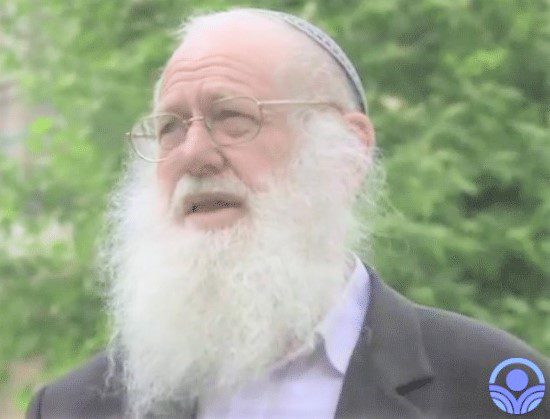Difficult Beginnings, a Good Ending
by HaRav Dov Begon, Head of Machon Meir
All beginnings are hard. As we see at the start of Moses’s mission to take out the Jewish People from Egypt, Moses was beset by enormous hardships and obstacles. Pharaoh made Israel’s burden heavier, and their plight became so severe that Jews approached Moses with harsh complaints, saying, “You have destroyed our reputation with Pharaoh and his advisors. You have placed a sword to kill us in their hands” (Exodus 5:21). They put the blame on Moses for Pharaoh and Egypt’s scheming against Israel.
Moses felt sorrow and anguish and he later on said to G-d, “O L-rd, why did You mistreat Your people? Why did You send me?” (5:22). In response, “G-d spoke to Moses and said to him, ‘I am Hashem’” (6:2). G-d rebuked Moses for speaking harshly — he should have waited patiently. After all, all beginnings are hard. Even if at the start of the way we do not see the end, and there are hardships, obstacles and complications, we must not question G-d’s conduct. That is why G-d rebuked Moses. He was hinting to him the following: You must learn from my harsh response the way I conduct My world and My people. It is true that such rebuke constitutes a display of Strict Divine Justice, but the truth is that within Strict Justice are concealed the traits of kindness and mercy, revealed through G-d’s name Hashem, as in verse 6:2 above.
The subjugation and increased burden imposed upon us through Pharaoh are part of a process whose end is the redemption of Israel. As it says, “The more the Egyptians oppressed them, the more the Israelites proliferated and spread” (Exodus 1:12). At the end of this process, “the children of Israel emerge triumphantly” (Exodus 14:8).
Right now, the Jewish People are at the height of a process of redemption and national rebirth, accompanied by hardships, obstacles and complications from within and without. It sometimes seems as though we are marching backwards rather than forwards. Yet we know and believe that “The L-rd will not abandon His people, nor leave His inheritance” (Psalms 94:14). Let us not act like those who would ignore Moses’s words of comfort due to their broken spirit and hard labor. Quite the contrary, in difficult and complex situations we must strengthen our spirit and our faith in our direction and in the righteousness of our path. If we have patience, it will make it easier for us to cope with the hardships.
This may be compared to a woman who gets ready to give birth. She is full of faith that the birth process will ultimately bring forth the infant she so desires. She must take long, deep breaths in order to overcome the pain and hardship, until she is privileged to see the fruit of her womb, the pure soul coming out into the world. Then she is filled with joy.
In the same way, we too need faith, long deep breaths, and much patience, to overcome the difficulties and complications. After all, all beginnings are hard, but all is well that ends well.






